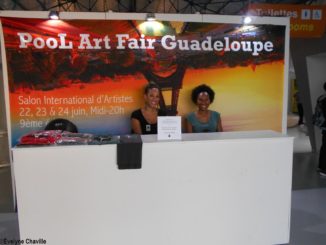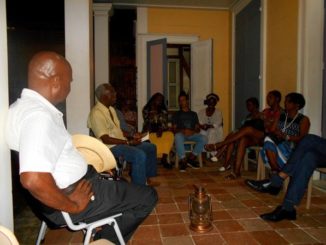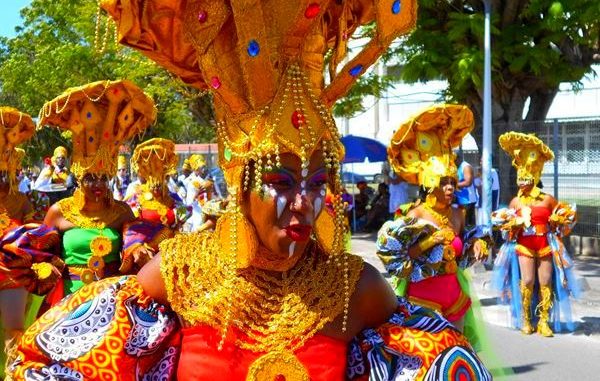
The 2021 carnival season will be shorter than this year’s – only 6 weeks – but we imagine it will be intense as every year. But, will this popular event take place when we know that a “surprise guest” called Covid-19 landed on earth at the end of 2019 and its main action was to separate human beings?
In the Caribbean, we saw the US Virgin Islands cancelled their “physical carnival” scheduled from April 3 to May 4, 2020 and replaced it with a “virtual carnival”. We will see if Jamaica, which cancelled its “Bacchanal Jamaica” with its “Road March” that takes place every year during the week following Easter to postpone it from October 18 to 25, 2020, will maintain the event. The Government of Antigua and Barbuda preferred to cancel carnival scheduled from July 25 to August 4. We will see if St. Kitts and Nevis will maintain the 49th edition of their “Sugar Mas” scheduled between November 2020 and January 2021.
In Guadeloupe, the most optimistic will say that it’s still too early to think about the 2021 carnival but, since carnival-goers repeat that they start preparing their costumes and sets a year in advance, it is therefore normal to wonder about it now.
Will the current global coronavirus/covid-19 pandemic, which has already claimed thousands of victims, be over in January 2021, eight months from now? And even if in Guadeloupe, in the other Caribbean islands, Europe or elsewhere, the number of infected and dead people is currently decreasing, does this really mean that the disease will disappear altogether? Not so sure, since this new disease that appeared on our planet has not yet revealed all its secrets to researchers! In fact, many researchers around the world are studying this new coronavirus and especially looking for treatments to stop it.
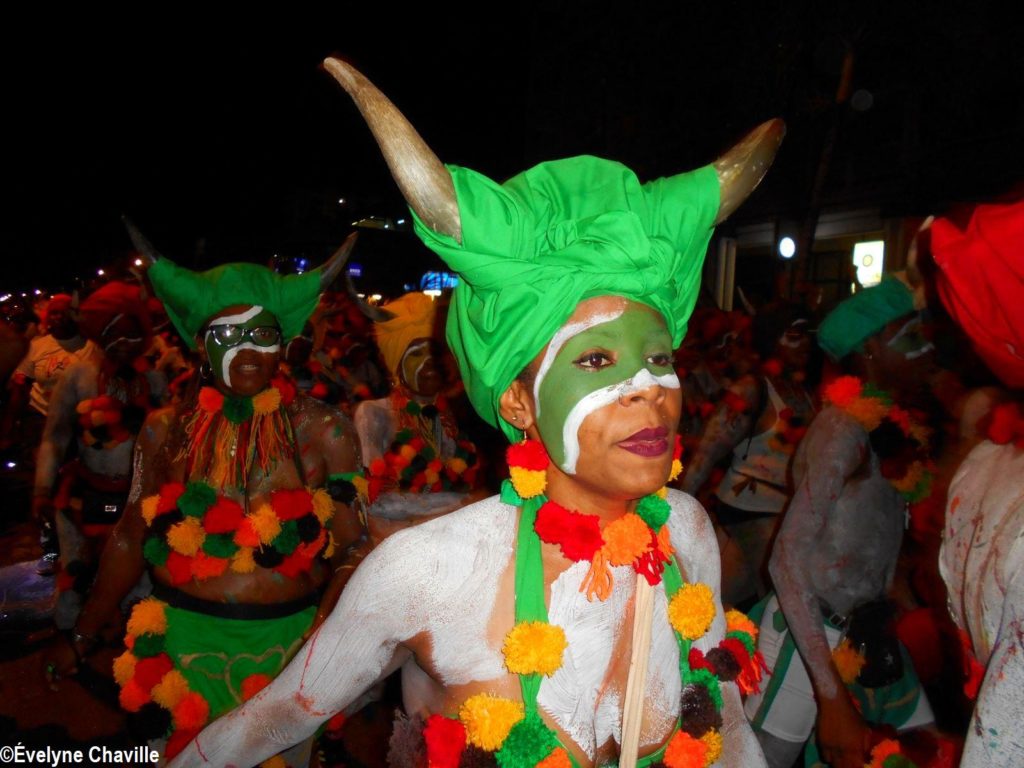
How long till the vaccine?
Recent scientific revelations are rather disconcerting. A study conducted by researchers at the National Institute of Diabetes and Digestive and Kidney Diseases in Maryland (USA) and published on May 13 in the scientific journal PNAS, reports that speaking aloud can represent 1000 droplets (contaminated) per minute that can remain in the air for 8 minutes in a closed space.
Another study carried out by researchers from the University of Nicosia (Cyprus) and published on May 19 in the scientific journal Physics of Fluids announced that, if a sick person coughs in the absence of wind, the droplets released do not exceed 1 metre, but with a wind blowing between 4 km/h and 15 km/h, these droplets can be transported up to 6 metres in 6 seconds, in other words the recommended social distance of 1 or 2 metres between each individual would not be sufficient.
In a previous study, published on April 14, researchers at Harvard University had already warned that “intermittent distancing may be required into 2022 unless critical care capacity is increased substantially or treatment or vaccine becomes available”.
Another British study published on April 9 by researchers from the London School of Hygiene & Tropical Medicine (LSHTM) concluded that only 10% of patients are responsible for 80% of infections. It would have been enough to locate them to avoid confining an entire population and stop the spread of the virus, but viral load does not allow these major contaminants to be detected.
It should be noted that on May 20, two studies published in the journal Science and carried out by researchers from the Harvard-affiliated Beth Israel Deaconess Medical Center (BIDMC) showed that, among primates (macaques), vaccines can prevent Covid-19 infection and those which were cured will be protected from further exposure to the virus.
However, on May 24, in an interview with the French magazine Le Point, former WHO Deputy Director-General Marie-Paule Kieny warned against the results announced by vaccine developers and policymakers. The current member of the Comité analyse recherche et expertise (CARE), these 12 scientists who advise the French government, said: “There is no certainty that an effective vaccine against Sars CoV-2 can be developed in the long term, despite the very positive announcements from various governments around the world. But there are some reassuring signs”. Note that the disease is called Covid-19 and the virus that causes it is SARS-Cov-2.
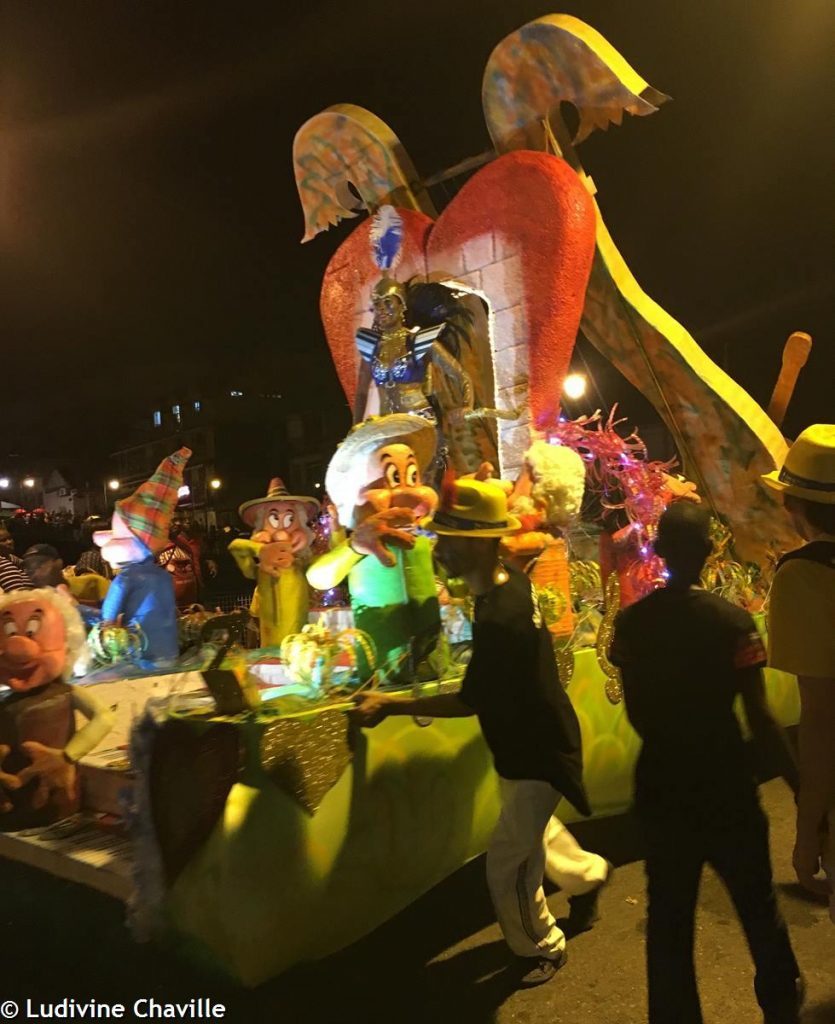
What barrier gestures in the parades?
After reading these scientific conclusions, and if the situation remains unchanged, will we want to go parading in the streets or see other people parading during the carnival? Can we really say that there will be an edition of carnival in 2021 in the Guadeloupean archipelago?
We recall that the carnival season in Guadeloupe begins on January 1st with the famous “ben démaré” by some “skin groups” in the sea after a parade in the agglomeration of Pointe-à-Pitre. Then other parades are organized every weekend from the first Sunday in January in almost all the towns of the archipelago until Mardi-Gras.
Some carnival “addicts” could promise the health authorities to drastically respect the famous barrier gestures.
Firstly : washing hands often with hydro-alcoholic gel and everyone would have her/his own personal bottle or groups would have several cans of gel in a “follow car” in the parades. At first sight very easy, this measure would in fact be very complicated because in the middle of the parade, in the heat of the action, who would have the reflex to wash their hands?
Secondly : Coughing into the crook of her/his elbow. Even with very good will, it is doubtful that this gesture to stop the spread of the virus would be really effective in a carnival parade. What about the scientific findings on the spread of the virus by wind? What about the famous social or physical distancing? Given that some groups have 800 to more than 1,000 people, the (1) metre between each member would result in parades with the head in Pointe-à-Pitre while the tail would be in Basse-Terre or Anse-Bertrand! The few small carnival groups with a dozen members would take their revenge because they could parade with this physical distancing without being ridiculous…
Thirdly : wearing the mask. This measure could be easy to apply, after all, during carnival this accessory is often out. But, the “special Covid mask”, even if it would be made in a very beautiful fabric, would not allow to shout and sing our popular refrains such as “Bopè-la ka pran manman-w” or “Rèné ou two pré”, etc. It is also not certain that young people in the “Ti-mas groups” would make miracles with the sanitary mask during carnival; they often take off their gorilla mask and put it back on when they approach the competition carpet…
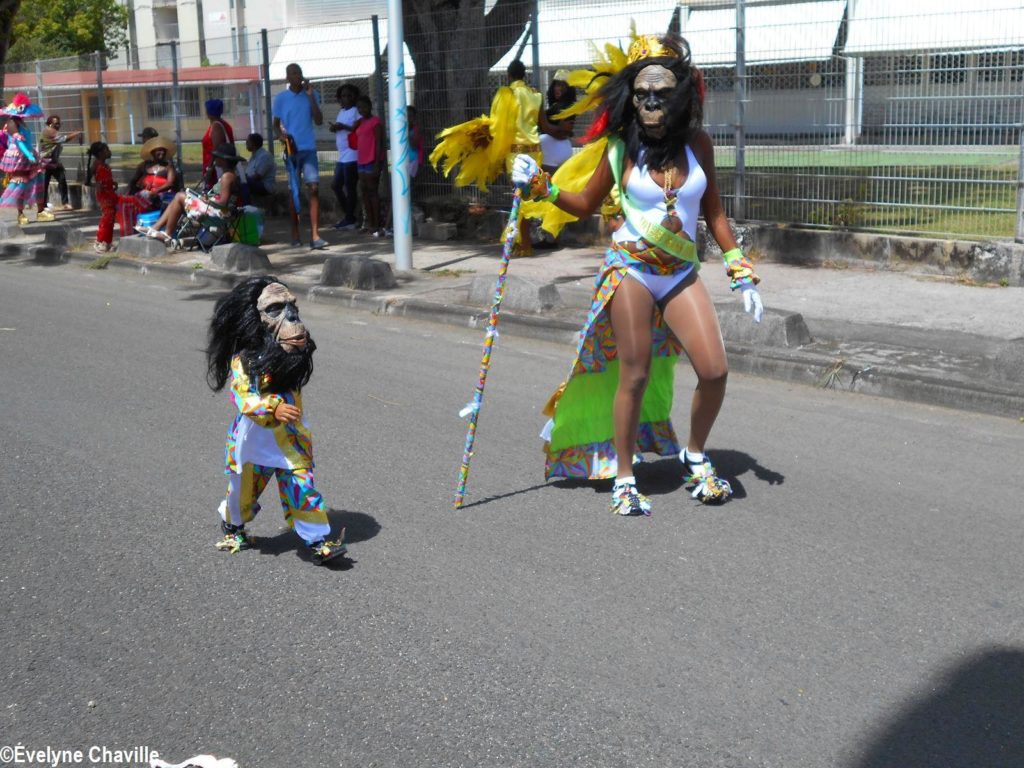
Carnival of Guadeloupe, a mega droplet festival!
A fourth measure could already be considered: testing everyone, this is a large-scale project but that would not be impossible. Indeed, these last few days, we have learned that French researchers from a consortium of companies (Skillcell, CNRS Sys2Diag and Vogo) have developed the first reliable salivary virological test to detect Covid-19 in less than an hour. Easycov, that is its name, will be marketed in mid-June and will cost 20 euros. But it seems to us that to be valid, this test should be done within a certain period of time before the festivities. If the carnival groups will be able to test all their members, how can we verify that all the spectators (residents and tourists) during the street parades really did this test?
In addition to the police security put in place to fight crime during this major event, particularly in Pointe-à-Pitre, we should now think about health security. So many constraints to just have fun!
One thing is sure: even when there are serious themes to make the people aware, the Guadeloupe carnival is a torrid atmosphere, with people singing, shouting, laughing, dancing, jumping, touching, kissing, playing music, sweating, eating, drinking… Our carnival is a mega “droplet festival”!
In such a context – so if no medicine, no vaccine and if the French Government maintains the ban on large gatherings – it seems unthinkable that carnival will take place in the Guadeloupean archipelago in 2021.
The Prefecture and the Agence Régional de Santé (Regional Health Agency-ARS) of Guadeloupe would have the heavy and delicate task of announcing this decision to the population. It remains to be seen how those who have made carnival a reason to live would react…


